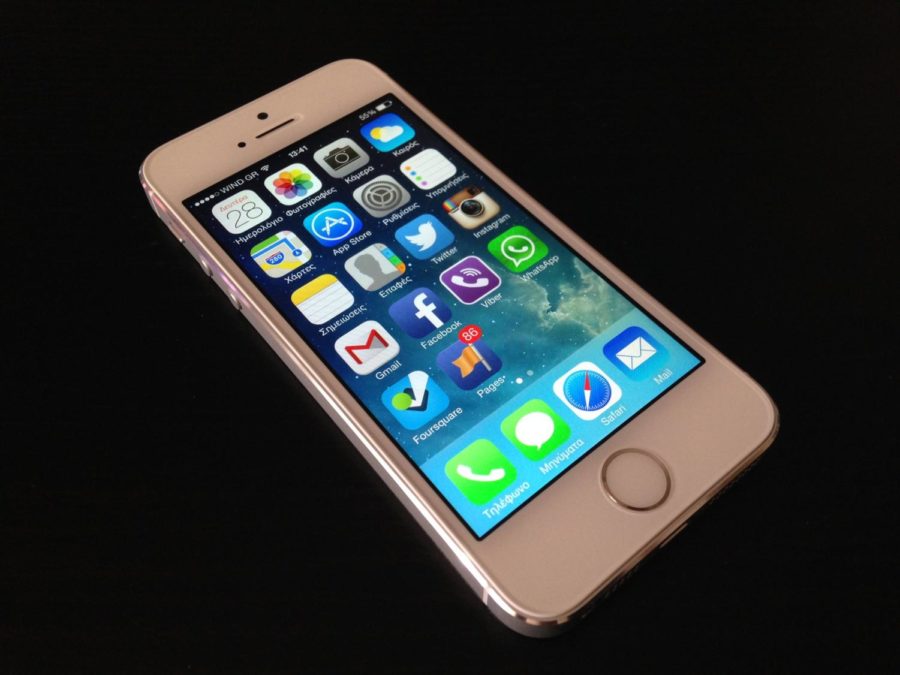Schwierking: The problem with brand loyalty and Apple products
Columnist Sam Schwierking weighs the pros and cons of Apple versus Android phones, deeming Android superior.
July 22, 2020
For the last 10 years, Apple has been an absolute powerhouse in the world of cellphones and electronics, but I have struggled to see the reason why. With customer brand loyalty on the decline and people increasingly purchasing whatever is the cheapest or most convenient, Apple still reigns supreme.
I am sure you have seen the heated debates between a Coca-Cola lover and a Pepsi enthusiast on which is better, and the same applies between Apple and Android. With 73 percent of the “United States consumers [who] are open to considering a new brand” when they go to the store, brand loyalty becomes irrelevant.
Think about when you go to the store and buy peanut butter. For me it’s Jif, but for others it can be Skippy or another kind of peanut butter. When you stick with the same peanut butter brand over and over and over again, that is what we call brand loyalty. If you continually flip-flop between brands or buy whichever one is cheaper, that is brand disloyalty.
The decrease of brand loyalty through the United States has hit about every major company except Apple. Apple is quite odd in this category. Apple’s brand loyalty has almost become an obsession with a large group of people that has had cancel culture written all over it even before cancel culture was prevalent. The New York Post is calling these obsessive Apple people iPhone snobs, where owning an Android has come to a point where it can be “detrimental” to your life.
If you are a young male adult and on a first date, you have a higher chance for a second date if you live with your parents and own a cat than if you have green text message bubbles. In our generation, having an Android is a “turn off” when you’re in the dating scene. According to an article in the Independent, “65 percent of iPhone users would be open to going on a first date with someone who owns an Android smartphone.”
If you look at the capability of the iPhone compared to a Samsung phone, they aren’t close to being comparable. The Samsung charges faster, the camera is better, the new Galaxies have built-in heart monitors and IT HAS A HEADPHONE JACK, among plenty of other capable features that are better than the iPhone’s. But best of all: it is cheaper.
While the popularity has increased in computers and headphones as well as continued advancement in phones, Apple has continued to stretch their control. Subsequently, it has created something called “Android shaming,” where people who have Android phones are looked down upon from/by Apple users. The part I am struggling to comprehend is that Android phones, especially Samsungs, are just as good — if not better — than Apple, so there is no need for the publicity these Android users are getting.
Just because it isn’t compatible with the iOS system does not mean it is a terrible phone. In fact, it’s the iOS system that isn’t compatible with everything else. Apple is the only device on the iOS system. Every other device that is made by other companies is on the Android system.
I have had both an Android and an iOS phone. If you can get past the green bubbles and the inability to use Facetime — which for some reason seems like the end of the world — Android phones are just better. If you can buck the brand loyalty vortex Apple has on people to pay however much they charge for their devices, you will be able to get a more inexpensive product that works at a higher standard.

















